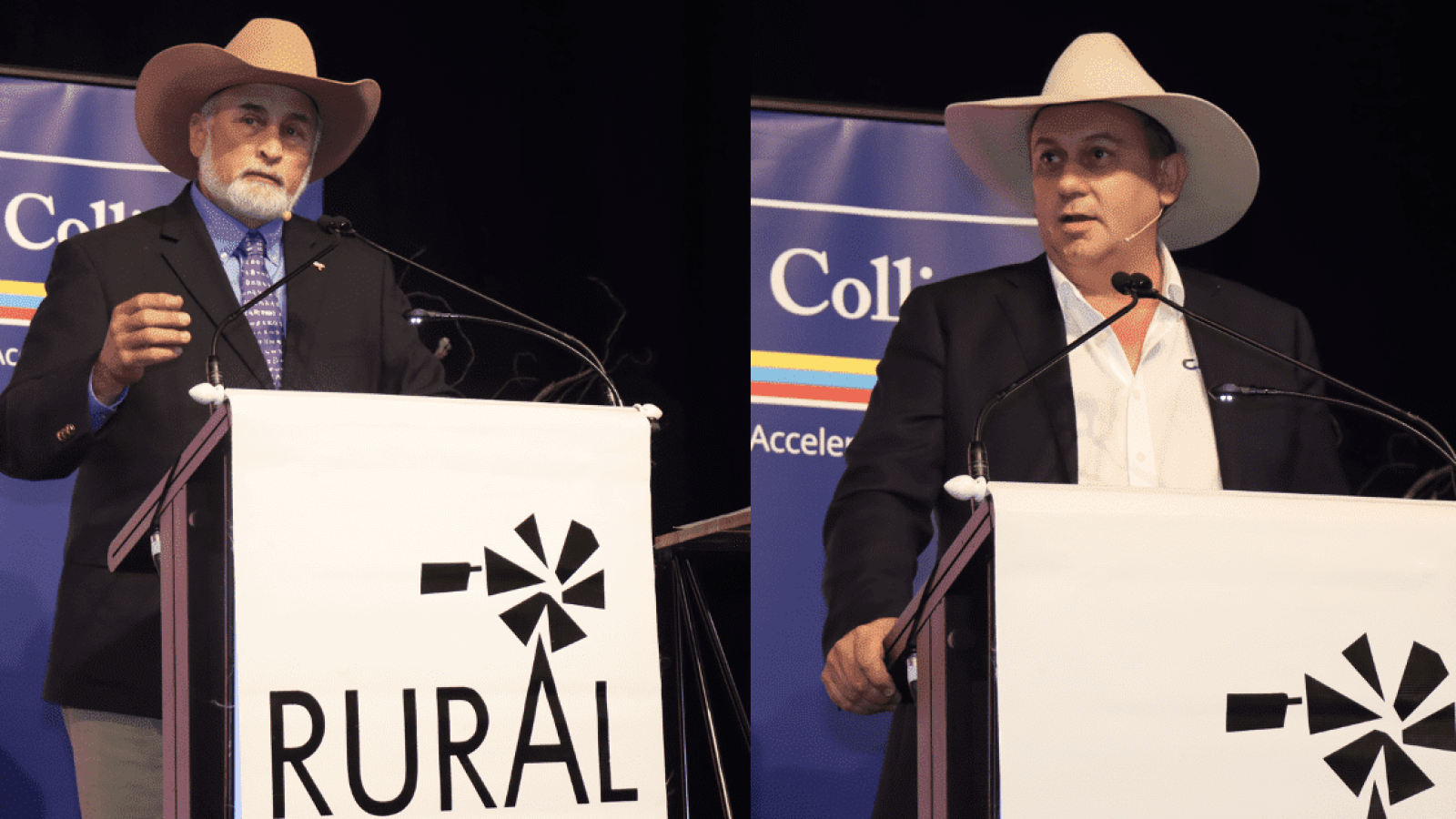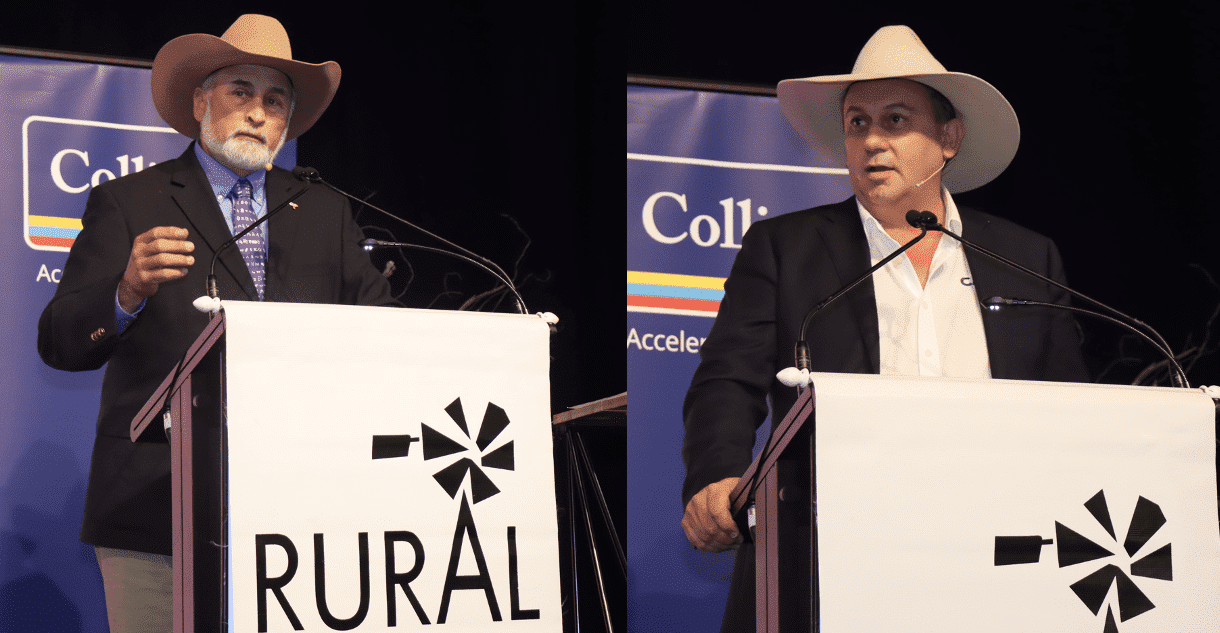WASHINGTON, D.C. – This week will be an important one for several agriculture interests as the Supreme Court is expected to consider whether to hear a number of high-stakes petitions that could affect ranchers and farmers.
In recent weeks the Supreme Court distributed three of four ag cases filed for a Jan. 7 conference. That includes challenges to Proposition 12 in California, an appeals court ruling throwing out EPA’s year-round E15 rule, and a long-fought Clean Water Act case with implications for ranchers and farmers when it comes to EPA authority.

In addition, Bayer AG filed a petition on a multi-million-dollar Roundup settlement case. So far, the case has not been distributed for a Supreme Court conference. On Dec. 13 the court invited the U.S. solicitor general to file a brief in the case, asking for more information.
On Friday of every week when the court is in session, justices hold a conference to decide which petitions to accept. The Supreme Court, on average, considers about 80 cases per year out of many hundreds filed.
PROPOSITION 12
Proposition 12 bans the sale of pork from hogs that don’t meet the state’s new production standards. A federal appeals court upheld the law.
The law requires hog producers to abide by certain regulations to sell pork in California.
Voters in the state passed Proposition 12 in 2018 with nearly 63% of votes supporting it. The law forbids the sale of whole pork meat in California from hogs born of sows not housed in conformity with the law. Proposition 12 forbids sows from being confined in such a way that they cannot lie down, stand up, fully extend their limbs, or turn around without touching the sides of their stalls or other animals.
The National Pork Producers Council argued in briefs filed with the court that the law violates the Commerce Clause by regulating businesses beyond its borders.
“State regulation ‘is invalid under the Commerce Clause’ if its ‘practical effect’ is ‘to control conduct beyond the boundaries of the state,’” NPPC said in a Dec. 21 reply brief.
“And the ‘fact that the effects of (a state’s law) are triggered only by sales within the state’ does not ‘validate the law if it regulates the out-of-state transactions of (those) who sell in-state.’”
CLEAN WATER ACT
Idaho property owners Michael and Chantell Sackett petitioned the Supreme Court to consider whether wetlands with a continuous surface-water connection should be considered navigable waters subject to federal jurisdiction or do EPA and the U.S. Army Corps of Engineers only need to prove a so-called “significant nexus” to connect wetlands to navigable waters.
The Biden administration currently is working on a rewrite of the waters of the U.S. rule and intends to return to the significant nexus test in making jurisdiction determinations.
It is a case with potentially wide ramifications for ranchers, farmers and other landowners across the country.
For decades ranchers and farmers have been left to figure out on their own which waters on their land may fall under federal jurisdiction.
The Sacketts’ battle on an EPA wetland determination started when they bought a small parcel of land in 2005 with the intent to build a home in Priest Lake, Idaho.
They obtained a county permit to build, but EPA claimed the property contained wetlands and ordered the couple to return the land to what EPA said was its original state or pay penalties — all without the ability to challenge EPA’s wetland ruling.
In their petition filed with the Supreme Court, the Sacketts asked the court to reconsider a ruling it issued in 2006 in Rapanos v. United States. In Rapanos, the Supreme Court held the Clean Water Act does not regulate all wetlands. However, the court offered no opinion explaining why.
A plurality opinion authored by the late Justice Antonin Scalia and joined by three other justices argued only wetlands with a continuous surface-water connection to regulated waters, can be regulated.
A concurring opinion by Justice Anthony Kennedy, however, allowed for regulation of wetlands regardless of any surface connection so long as wetlands bear a so-called “significant nexus” with traditional navigable waters.
YEAR-ROUND E15
In October, Growth Energy asked the Supreme Court to consider whether EPA has the authority to allow year-round E15 sales and whether an appeals court erred in vacating the rule.
A three-judge panel on the U.S. Court of Appeals for the District of Columbia Circuit said in its July 2 opinion on a case brought by refining interests that the Reid vapor pressure, or RVP waiver rule does not apply to E15. The Trump administration, when creating the E15 rule, had declared the two blends to be substantially similar fuels.
In a brief filed with the Supreme Court on Dec. 8, the EPA asked the court to deny the ethanol industry petition. The industry said in a Dec. 21 reply brief that the court of appeals’ “incorrect conclusion” that Congress intended the Clean Air Act’s waiver to apply only to E10 “will have serious negative consequences.”
ROUNDUP PETITION
In August, Bayer AG asked the Supreme Court to review a landmark Roundup case arguing in a petition that a federal appeals court committed errors in the case brought by non-Hodgkin’s lymphoma victim Edwin Hardeman.
Bayer said in its petition, Monsanto Company v Edwin Hardeman, that the U.S. Court of Appeals for the Ninth Circuit in San Francisco committed two errors worthy of review.
The company said state-law failure-to-warn claims at the center of the case were preempted by federal law and the admission of expert testimony departed from federal standards, leading to what Bayer said was “unsupported testimony” on Roundup’s safety profile.
In 2019, a jury awarded Hardeman $80 million in damages after the ruling his non-Hodgkin’s lymphoma was caused by his use of Roundup. The damages later were reduced to $25 million. Bayer has faced thousands of similar lawsuits connected to the glyphosate-based product.
In May 2021, the Ninth Circuit upheld the Hardeman judgment. Bayer officials have maintained the Hardeman case could shape how future cases are litigated. Also that month, a federal court in California rejected Bayer’s $2 billion Roundup settlement, ruling it would not adequately address the concerns of families who may later be diagnosed with non-Hodgkin’s lymphoma.












